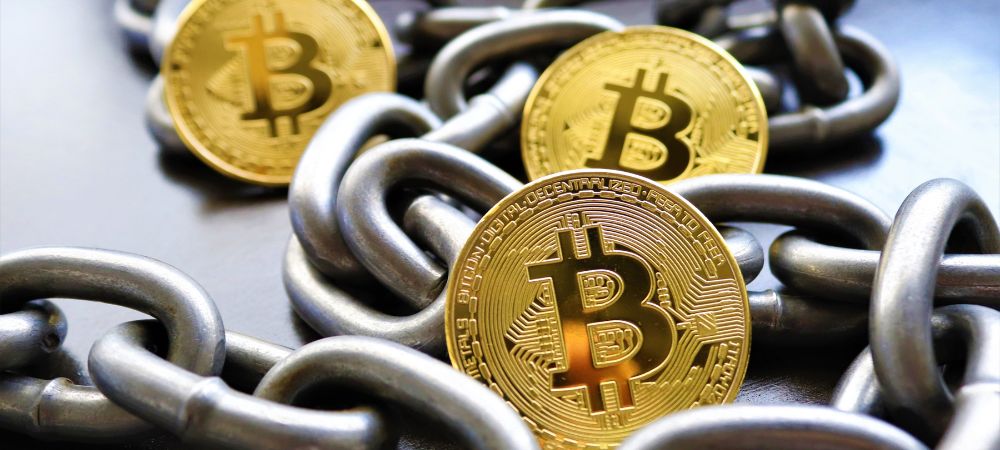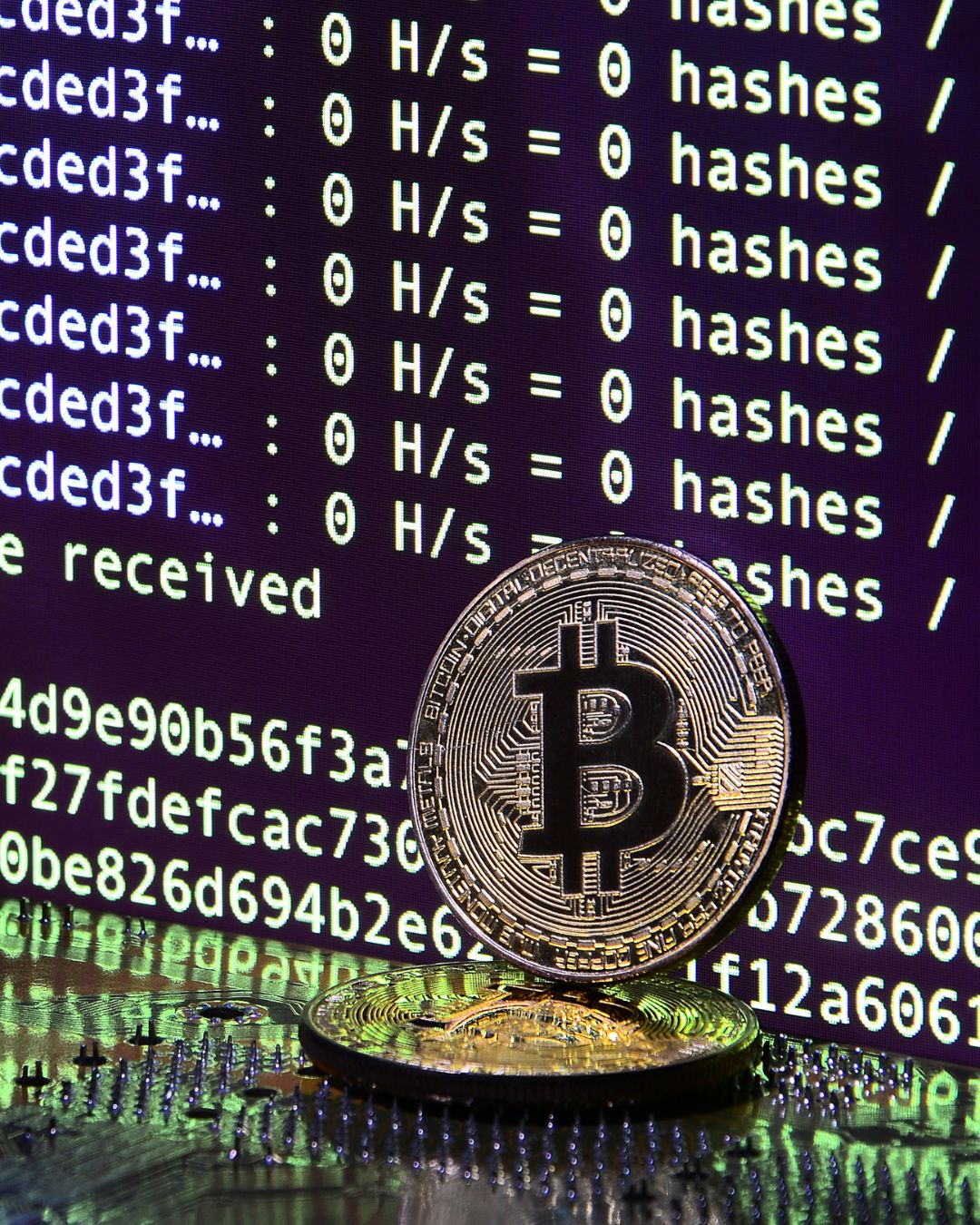

Network security is like, super important in the context of Ethereum. Without proper security measures, hackers could easily steal sensitive information or disrupt the network. It's crucial that we take steps to protect our Ethereum network from potential threats.
One way to enhance network security is by using encryption techniques to safeguard data transmission. By encrypting data, we can prevent unauthorized parties from accessing and tampering with it. additional details readily available browse through it. Another key measure is implementing firewalls to block malicious traffic and keep our network safe from intruders.
Neglecting network security can have serious consequences for Ethereum users and businesses alike. If a breach occurs, it could lead to financial losses, reputation damage, and even legal repercussions. That's why it's essential that we prioritize security and stay vigilant against potential threats.
In conclusion, the importance of network security cannot be overstated when it comes to Ethereum. By taking proactive measures to protect our network, we can ensure the safety and integrity of our transactions and data. Let's work together to secure our Ethereum network and keep it safe from harm!
Hey there! So, let's talk about the common threats that can jeopardize the security of the Ethereum network. There are quite a few things to watch out for when it comes to keeping our network safe.
First off, we gotta be wary of phishing attacks. These sneaky scams can trick users into giving up their private keys or other sensitive information. Ain't nobody got time for that!
Another major threat is malware. This nasty software can infect computers and steal valuable data without us even knowing it. It's like a digital ninja sneaking in under our noses.
Oh, and don't forget about DDoS attacks. These bad boys can overwhelm the network with traffic, causing it to slow down or even crash. Talk about a major headache!
And let's not overlook smart contract vulnerabilities. These little bugs can cause big problems if left unchecked. We've gotta stay on top of those code reviews, folks.
Overall, staying vigilant and implementing proper security measures is key to protecting the Ethereum network from these common threats. Let's keep our eyes peeled and our defenses strong!
Bitcoin, the first cryptocurrency, was created by an unknown individual or group of individuals using the pseudonym Satoshi Nakamoto in 2009.
As of 2021, over 10,000 different cryptocurrencies are traded openly, showcasing the fast development and variety in the crypto market.
NFTs (Non-Fungible Symbols) got mainstream appeal in 2021, with some electronic art pieces marketing for numerous dollars, highlighting the merging of innovation and art in new industries.
Bitcoin's first real-world deal was to purchase two pizzas for 10,000 bitcoins in 2010, emphasizing the very early days when Bitcoin's real-world value was still being established.
Investing in Ethereum can be a great way to secure your financial future, but there are some risks and challenges that you should consider.. One of the biggest risks is the volatility of the cryptocurrency market.

Posted by on 2024-04-28
Hey guys, let's talk about the future prospects and developments in the world of Ethereum and blockchain technology.. There ain't no denying that this stuff is gonna be huge.

Posted by on 2024-04-28
When it comes to using dApps on the Ethereum network, regulation and security considerations are important factors to keep in mind.. While smart contracts offer a decentralized way of executing transactions, there are still risks involved.
One major concern is the lack of oversight and regulation in the world of dApps.

Posted by on 2024-04-28
So, when we talk about the exploration of emerging technologies and innovations that could shape the future of Ethereum, it's like diving into a whole new world of possibilities, you know?. There are so many cool things happening in the crypto space right now, and Ethereum is right at the forefront.

Posted by on 2024-04-28
Encryption techniques play a crucial role in securing transactions on the Ethereum network. Without proper encryption, sensitive information could easily be intercepted by malicious actors. By utilizing encryption methods, such as AES and RSA, data can be scrambled in a way that only authorized parties can access it.
These techniques help to protect user privacy and prevent unauthorized access to transaction details. Without encryption, hackers could easily steal personal information or manipulate transactions for their own gain. It is important for users to ensure that their transactions are encrypted using secure protocols to avoid any potential security breaches.
Furthermore, encryption techniques add an extra layer of security to the Ethereum network, making it more difficult for cybercriminals to exploit vulnerabilities. By encrypting transactions, users can have peace of mind knowing that their data is protected from prying eyes.
Overall, encryption plays a vital role in ensuring the security of transactions on the Ethereum network. Without proper encryption measures in place, users would be at risk of having their sensitive information compromised. So next time you make a transaction on the Ethereum network, remember the importance of encryption techniques in keeping your data safe and secure!


Smart contracts play a crucial role in enhancing network security on Ethereum. They help to automate and enforce security measures, making it harder for malicious actors to exploit vulnerabilities in the network. By using smart contracts, users can set up rules and conditions that must be met before transactions can be executed, adding an extra layer of protection.
Without smart contracts, the network would be more vulnerable to attacks and unauthorized access. It's important for developers to understand how to properly implement these contracts in order to strengthen the overall security of the Ethereum network.
Furthermore, smart contracts offer transparency and trust as they are immutable and cannot be altered once deployed. This ensures that all parties involved in a transaction can trust that the terms will be upheld without any interference.
In conclusion, smart contracts are an essential tool for enhancing network security on Ethereum. They provide a level of automation and enforcement that is necessary in today's digital landscape. Developers should continue to explore ways to leverage this technology to further protect the integrity of the network.
Implementing multi-factor authentication for increased protection is a vital step in enhancing network security measures. By requiring multiple forms of verification, such as a password, fingerprint or security question, it makes it harder for unauthorized users to gain access to sensitive information. This additional layer of security can help prevent data breaches and cyber attacks.
Without multi-factor authentication, hackers could easily exploit vulnerabilities in the system and compromise important data. Using just a single password is not enough to protect against sophisticated hacking techniques. By implementing this extra layer of security, you are reducing the risk of unauthorized access significantly.
Multi-factor authentication may seem like an inconvenience at first, but it is well worth the added protection it provides. It only takes a few extra seconds to verify your identity, but those seconds could save you from a major security breach. Isn't that worth it?
So next time you log into your accounts or access sensitive information online, consider enabling multi-factor authentication for increased protection. You'll thank yourself later when your data remains safe and secure from potential threats.

Regular audits and updates ain't nothin' but essential for keepin' network security in check. Without 'em, we run the risk of potential breaches or attacks on our systems. It's important to stay proactive in protectin' our data and information from cyber threats.
By conductin' regular audits, we can identify any vulnerabilities or weaknesses in our network infrastructure. This allows us to take necessary measures to strengthen our defenses and prevent any unauthorized access. Updates also play a crucial role in enhancin' security by patchin' up any known security holes or bugs that could be exploited by hackers.
Without regular audits and updates, our network security is left vulnerable to all sorts of risks. Hackers are constantly lookin' for ways to infiltrate systems and steal sensitive information. By stayin' on top of audits and updates, we can stay one step ahead of these malicious actors and protect our valuable data.
In conclusion, regular audits and updates are imperative for maintainin' ongoing network security. Neglecting these measures puts us at risk for potential attacks and compromises. So let's make sure we prioritize these tasks to keep our systems safe from harm!
Educating users on best practices for maintaining a secure Ethereum network is crucial in ensuring the safety and integrity of the network. Without proper education, users may unknowingly put the network at risk by engaging in unsafe practices.
By teaching users about the importance of using strong passwords, enabling two-factor authentication, and keeping their software up to date, we can help prevent hacks and unauthorized access to the network. Neglecting these practices can leave the network vulnerable to attacks and compromise sensitive information.
It's essential that users understand the potential risks involved in not following security measures. Ignorance or carelessness can lead to devastating consequences for both individual users and the entire Ethereum network as a whole.
So, let's make sure we are all doing our part in educating ourselves and others on how to maintain a secure Ethereum network. By taking proactive steps and staying informed, we can help protect our digital assets and keep our transactions safe from malicious actors.
Collaboratin' with other stakeholders in the blockchain community to tackle emergin' threats is crucial for improvin' network security measures. By workin' together, we can identify vulnerabilities and develop solutions that protect our systems from potential attacks.
Without collaboratin' with others, it can be difficult to stay ahead of constantly evolvin' threats. No one person or organization has all the answers when it comes to cybersecurity. We need to share information, resources, and expertise in order to effectively defend against malicious actors.
By joinin' forces with other members of the blockchain community, we can leverage our collective knowledge and experience to strengthen our defenses. This collaborative approach allows us to adapt quicker and respond more effectively to new threats as they arise.
So let's come together, share what we know, and work towards a safer and more secure blockchain ecosystem for everyone involved. Together, we can build a stronger defense against those who seek to compromise our networks and harm our communities.